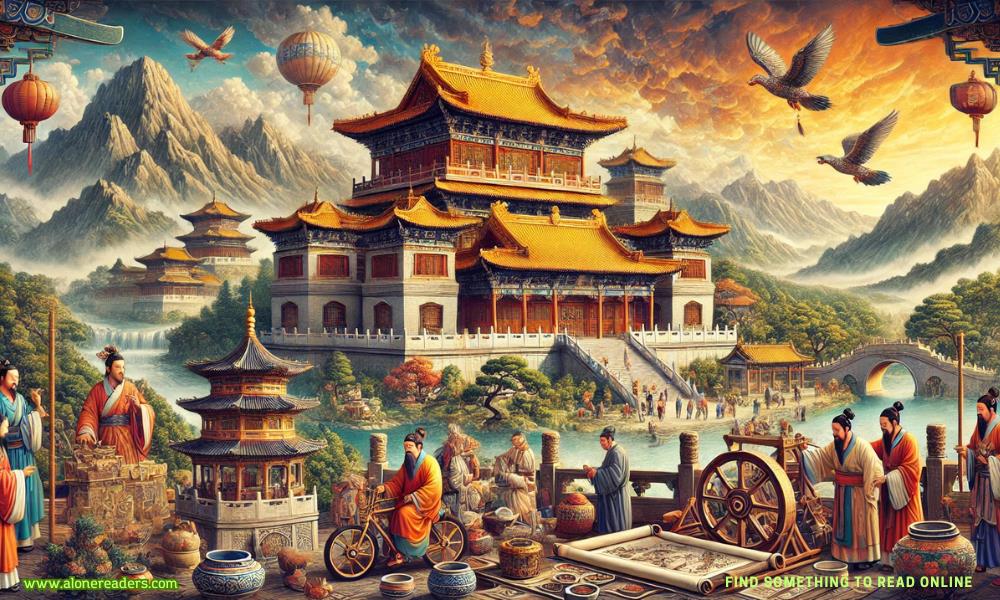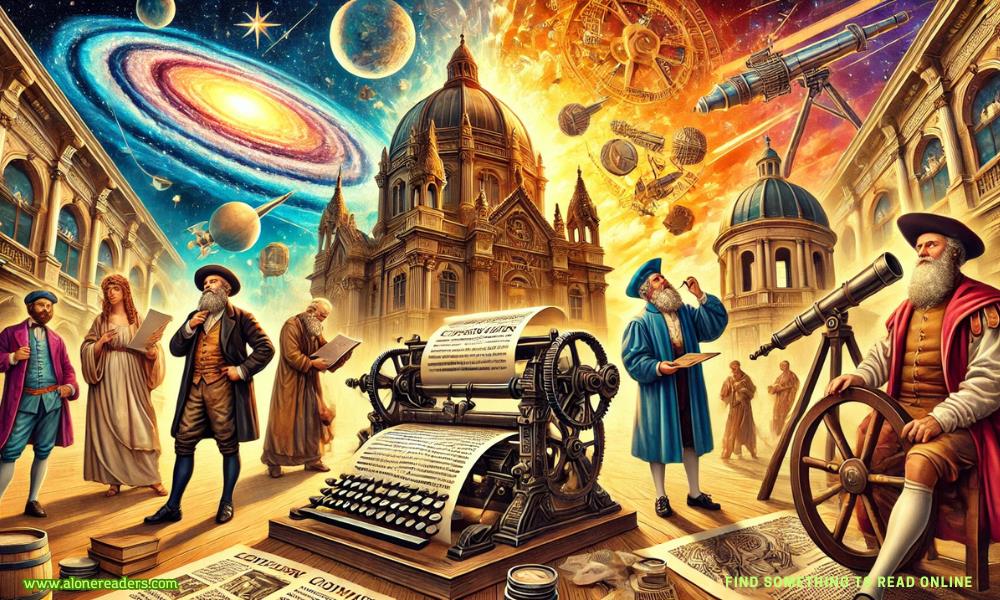Page 22 of The Lost Hero (The Heroes of Olympus 1)
Chapter 1
When Stephen Williamson regained consciousness, when he figured out where he was, he wished he hadn’t. He wished he had remainedunconscious. Or, better yet, someplace else. Because, when he opened his eyes, Stephen saw he was strapped to an industrial workbench in an abandoned auto factory in Detroit. He knew it was a factory because the oil-stained concrete floor was pockmarked with the foundation holes of long-gone heavy machinery. He knew it was abandoned because the support pillars were covered in graffiti and he could smell urine. And he knew it had been an auto factory and that it was in Detroit because of what was on the red brick wall. The first was an Oldsmobile sign, white on a black background. Kind of looked like a rectangular peace symbol. And although most Oldsmobile vehicles had been built in Lansing, the second sign was a United Auto Workers logo. A blue-and-white circle. ‘Local 35’ was stamped underneath. Local 35 was a Detroit union.
It took Stephen a touch over four seconds to work this out. He had that kind of mind. It was analytical. He spent the next thirty seconds working outwhyhe was strapped to a bench in an abandoned auto factory in Detroit. He ran through a series of scenarios and came up with only one that worked all the way to the end: his abduction was a case of mistaken identity. He must share similar characteristics with another Stephen Williamson. It was a common name, and he had no distinguishing features. He didn’t have an eye patch or a crooked back. He was ordinary-looking. No one was going to say, ‘We must have the wrong Stephen Williamson. This one has a hump and a neck tattoo.’
He studied the people who had taken him from his home in Hopewell, New Jersey. There were six of them. Four men and two women. They wore black jeans and heavy boots. All six had short hair. They were talking quietly among themselves. They weren’t paying him any attention whatsoever. Having an elderly academic tied to a bench in an abandoned auto factory in Detroit was clearly not a big deal. Like it was the kind of thing they did every day. This was not a comforting thought.
Hopewell to Detroit was a six-hundred-mile drive. Nine hours in a car. Yet Stephen couldn’t remember the journey. He wasn’t in pain, but he did feel groggy. They’d drugged him. Which wasn’t as easy to do as it looked in the movies. It needed expertise. That meant he was dealing with professionals. Yet they’d got the wrong person. Which meant hewasn’tdealing with professionals. It was contradictory.
‘You have the wrong person,’ he said. ‘My name is Stephen Williamson.Stephen.With aP-H, not aV.’
‘Good morning, Stephen with aP-H,’ one of the men said, walking over. He was tall, maybe six one. Blond-haired and blue-eyed. High cheekbones and an aerodynamically shaped head. Like a bird’s. Possibly Slavic. His English was flawless but clipped. Like he’d learned it when he was an adult, not a child. ‘I am glad you’re awake. My name is Jakob Tas.’
Stephen didn’t respond. The name meant nothing to him.
‘A client hired us to put some questions to a very specific group of people,’ Tas continued. ‘Unfortunately, youareone of those people. So, I will ask you some questions. Hopefully, you will answer them. If you do not, then . . . well, let us say, it would be better for you if you did.’ He took a step back. A woman broke away from the group. ‘But before we get started, my colleague Miss Cora Pearl is going to conduct a rudimentary medical examination to ensure you have not suffered any ill effects.’
Pearl was a wiry woman in her thirties. If Tas was Slavic, Pearl was pure West Coast. Light, tousled hair bleached by sun and salt. Tanned skin. A dusting of freckles across the bridge of her nose. Her face was makeup free, and she wore no jewellery. She examined Stephen with fingers that were long, thin and strong. She wasn’t rough, but neither was she gentle. She lifted his eyelids and shone a penlight into his eyes.
‘He’s dehydrated,’ she said.
‘Do we need to put him on a drip?’
‘Drink of water will do.’
Pearl reached into her bag and brought out a bottle. She unscrewed the lid, lifted Stephen’s head, and helped him drink. Stephen hadn’t realised how thirsty he was. He drank the whole bottle in one go.
‘You have the wrong Stephen Williamson,’ he said again. ‘I’m a history professor at Princeton, not a . . . whatever it is you think I am.’
‘And what is your area of expertise, Stephen?’
‘My area . . . ?’
‘If you are a Princeton history professor, you must have a period of history that you specialise in. I would like to know what that specialisation is, please.’
‘The Ottoman Empire. It was—’
‘One of the largest empires in recorded history,’ Tas cut in. ‘It lasted six hundred years, controlled most of South-east Europe, North Africa and West Asia, and at its peak, it covered almost eight million square miles. We do not have the wrong Stephen with aP-H. We do not make mistakes.’
As well as having an analytical mind, the kind of mind that could work out where he was based on a couple of old factory signs, Stephen had also been good at predicting outcomes by studying known facts. ‘An extraordinary gift for extrapolation,’ his professor had said when he submitted his thesis. Stephen had always thought it was a pity that Suleiman the Magnificent’s advisers hadn’t had the same gift. If they had, the Ottoman Empire might not have failed.
Right now, Stephen didn’t like the future he’d predicted for himself. Tas and his colleagues weren’t wearing masks. It suggested they weren’t concerned about being identified later. And they knew who he was. That was clear now. Abducting him hadn’t been a mistake. Which made no sense. To the best of his knowledge, he had never moved in the same circles as men like Jakob Tas, or the kind of people who hired men like Jakob Tas.
‘You are an intelligent man, Stephen with aP-H,’ Tas said. ‘I think you have already worked out that your situation is precarious.’
Stephen said nothing.
‘Precarious, but not hopeless, I think,’ Tas continued. ‘If your answers stand up to scrutiny, in the fullness of time, you will leave here in one piece. If your answersdon’tstand up to scrutiny, you will leave here in small bags. Do you understand?’
‘I understand,’ Stephen said.
‘Good. Then let us be—’
‘I understand your client has made a mistake. They must have. Because I do believe that you guys know what you’re doing. You’ve grabbed who you were told to grab. But you must understand, you’re working from flawed data. I’m not the person you want to talk to.’
‘But you do not know what I want to talk to you about yet, Ste—’ He stopped to cough. A wet rattle, one from the bottom of his lungs. The others looked away, embarrassed. ‘Allergies,’ he said after he’d got it under control.
‘There’s nothing wecantalk about,’ Stephen said. He used his head to gesture at his surroundings. ‘Nothing that makes any sense of this. I’m an academic. I’m not the man you—’











